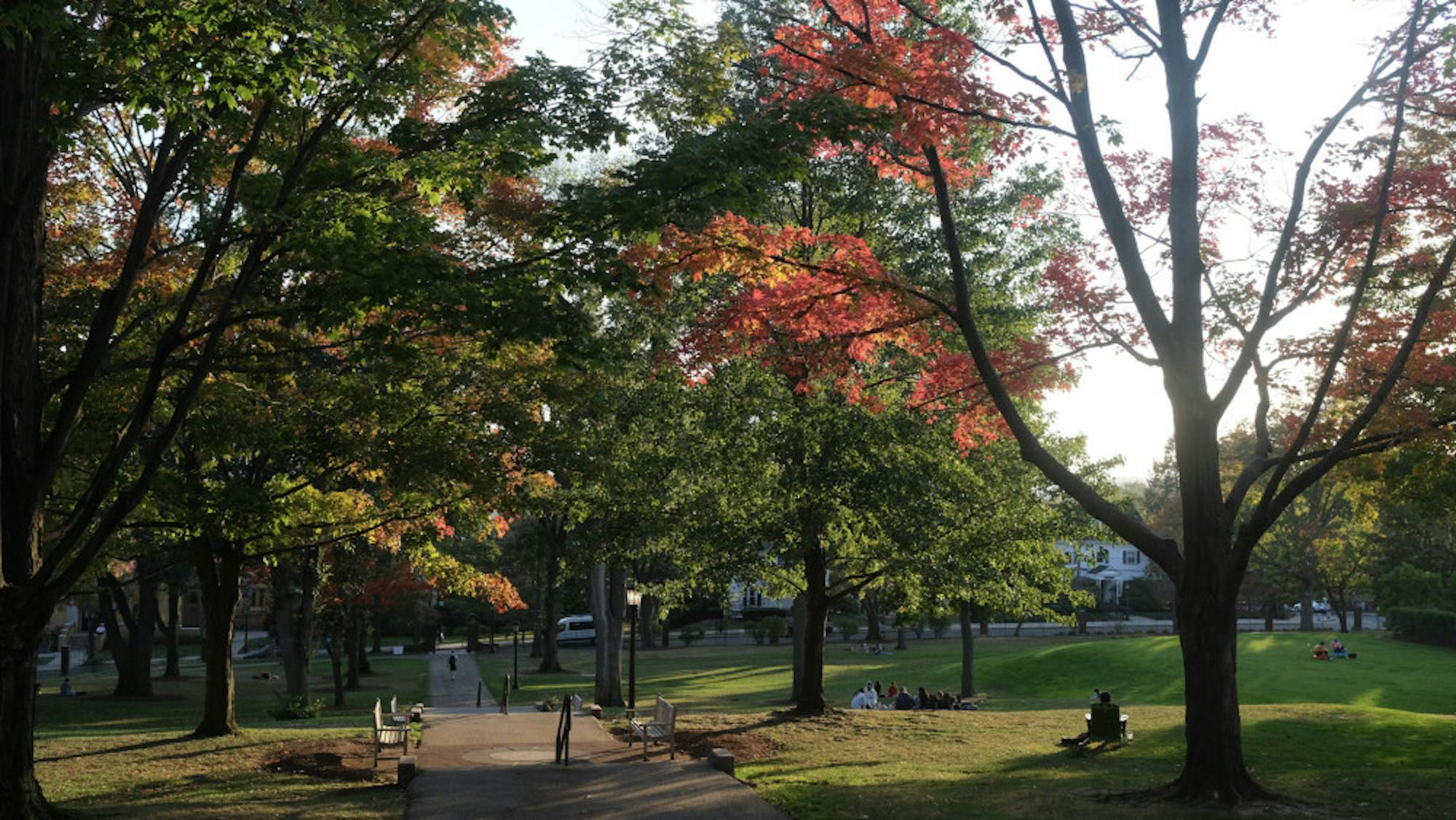The Russian Language and Cultural Studies program at Tufts has seen a decrease in first-year enrollments this year due to challenges presented by the COVID-19 pandemic and the transition to online courses.
Marina Aptekman, a lecturer in Russian, said that while there were more than 20 first-years who enrolled in the Russian program last year, there have only been four first-year undergraduate students who enrolled in the program this year, in addition to four students from The Fletcher School of Law and Diplomacy.
Vida Johnson, director of the Russian program, said the pandemic has limited opportunities for students to have an engaging learning experience.
“There is an assumption that when students come here, they will truly have meaningful interaction with their professors in whatever class they’re taking, and they appreciate being able to take a smaller class, and all of that has gone out the window,”Johnson said.
She added that the virtual transition has made advertising the Russian program more challenging, further limiting the number of first-year students that could be drawn to the study of the language.
Aptekman added that Russian is normally not taught outside of the college level, and that foreign language programs are seeing fewer enrollments.
“Usually Russian is not taught in high schools ... around the country,"Aptekman said.“There are definitely lower enrollments in foreign languages, mostly foreign languages in the elementary level."
Aptekmanspeculated how first-year students will navigate the mix of virtual and in-person classes in the coming semesters.
“[They] try to pass on what they want to take in person until probably next year, and take something that they can take virtually now,” she said.
Johnson echoed Aptekman’s sentiments and noted that a group dynamic develops with in-person classes in a way that is difficult to achieve virtually.
Similar to Tufts, Russian language programs at other colleges have seen a decrease in enrollments, according to Johnson.
"From what we have heard ... the numbers are smaller in the small private colleges and universities than they would be in a university that's twice our size or three times our size," Johnson said.
Ashley Aron, a junior who is the president of the Russian Slavic Central Asian Student Association, discussed her love for Russian culture and language and explained why she believes first-year students should consider studying the language, even if in-person classes remain on hold.
“It’s just very different like the sounds and the way it flows. It’s almost melodious when you speak it," Aron said."I actually enjoy speaking Russian more than I speak English just by the way it feels."
She described some of the creative benefits of Russian.
“It can be used in very poetic ways," Aron said. "It can express a lot of happiness [and] a lot of sadness ... [Russian is] just a beautiful language."
She also spoke to the benefits of studying Russian in a smaller department.
“I feel like it’s very sought after because [employers] know people are not taking it,” Aron said. “[There are] many benefits to taking a language in a smaller department because you get to not only know the people in your class, but you can interact with your teacher so much more.”
Aptekman echoed these sentiments and emphasized that learning Russian is important to many career fields.
“I think that in order to be successful in foreign politics, in business, in economy, in diplomacy, Russian is one of the key Eurasian languages,”Aptekman said.






